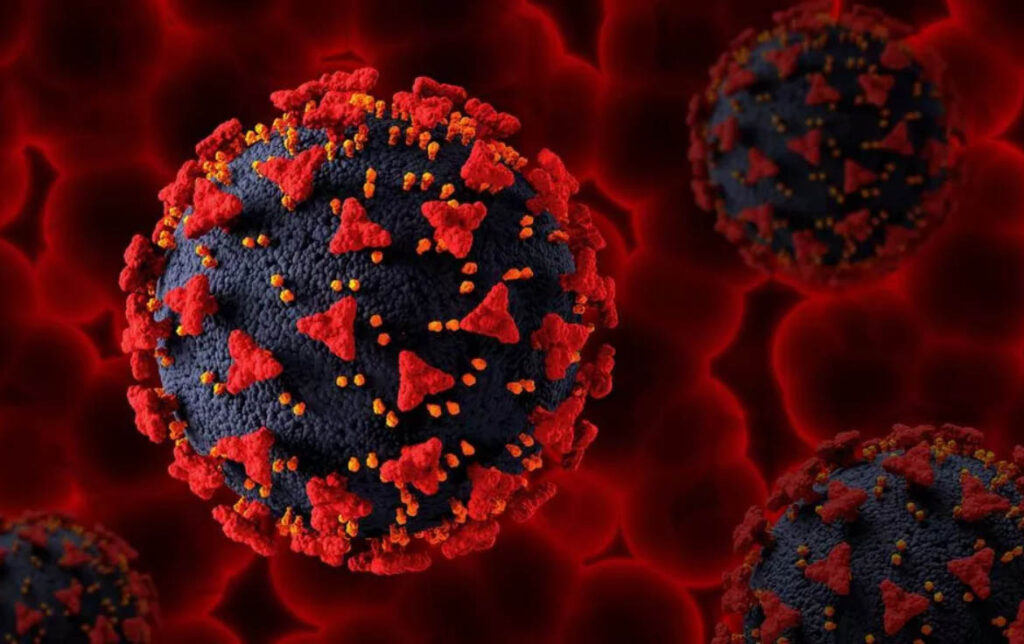The new guidelines from the World Health Organization (WHO) for hepatitis B, which will be presented this Tuesday, April 9, at an international conference in Lisbon, extend treatment to adolescents.
Speaking to Lusa, the director of the National Program for Viral Hepatitis Rui Tato Marinho explained that the new WHO guidelines facilitate access to hepatitis B treatment, increasing the number of people to be included in hepatitis B treatment and covering adolescents.
Tato Marinho recalled that this extension to teenagers does not affect Portugal that much, which has been vaccinating all children for more than 20 years, but recalled that there are countries in which young people aged 20 or 30 already appear with liver cancer.
«The treatment does not cure, unlike hepatitis C, but it controls and prevents cirrhosis, prevents cancer and saves lives. It is a very silent disease», he warned.
Tato Marinho highlighted the importance of choosing Lisbon for this meeting, which brings together ministries and health professionals, civil society organizations, political decision-makers, academics and people who live or have lived with hepatitis from more than 100 countries.
The objective of the World Hepatitis Summit 2024 is to discuss and achieve the WHO goal of eliminating hepatitis by 2030.
«The WHO is dedicating a lot of effort to dealing with hepatitis. Many years ago it wasn't a priority and now it is. There are 250 million people around the world», said Rui Tato Marinho.
The WHO guidelines, he added, serve to help diagnose hepatitis B, as there is now a new line of rapid tests, which are still quite expensive, but which prevent people from going to the hospital or laboratories.
The person in charge recalled that, although they are not enough, some are already offered by the Directorate-General for Health.
He also said that these new guidelines help “to identify ways to make the diagnosis, that is, to know what is happening with that person's liver, through analysis, without the need for a biopsy”.
These analyzes have been carried out in Portugal «for many years» and allow, in two minutes, to know if the person has cirrhosis.
The specialist also highlighted that this conference and the new WHO guidelines “call hepatitis B to the first stage of disease”.
“We know that there are 250 million people infected worldwide and there are countries in the world where 10% of the population has hepatitis B,” he said.
He also considered that the international conference, which runs until Thursday, will be an opportunity to show that Portugal “can be a global reference in good practices in the community”, an example with regard to screening models and connection to care of “very difficult to reach” populations, which is possible with the support of non-governmental organizations that are on the ground and know the populations.



















Comments